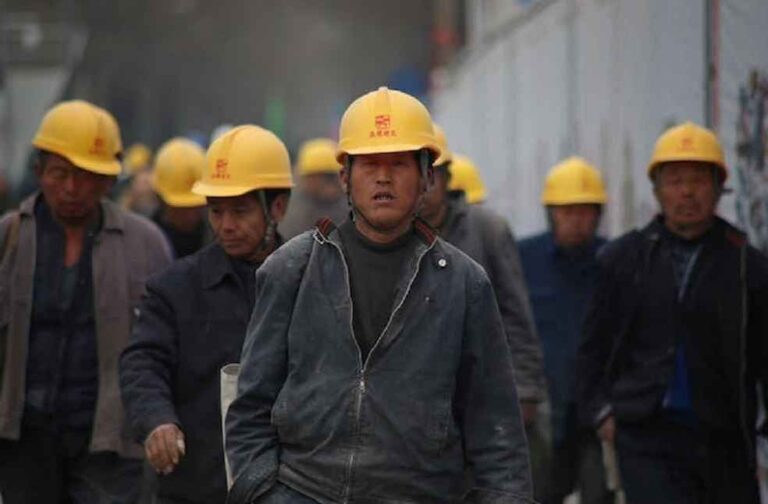BYD has strongly denied allegations of poor working and living conditions at a factory construction site in Brazil, asserting that the claims are an attempt to malign Chinese brands and China itself.
A Brazilian task force led by prosecutors recently reported rescuing 163 Chinese workers allegedly subjected to slavery-like conditions at the construction site. Video evidence from the Labour Prosecutor’s Office highlighted substandard dormitories with beds lacking mattresses and makeshift cooking facilities.
In response, BYD spokesperson Li Yunfei posted a statement on Weibo condemning the reports. “In matters of smearing Chinese brands, smearing China, and attempting to undermine the friendship between China and Brazil, we have seen relevant foreign forces maliciously associate and deliberately smear,” the statement said, criticising the media coverage of the issue.

BYD, one of the world’s largest electric car manufacturers, announced the immediate termination of its contract with Jinjiang Group, the contractor responsible for the site. The company is also exploring further corrective measures. Workers displaced by the termination will be temporarily housed in nearby hotels, with BYD assuring they will not face further disruptions. The automaker stated it had already been improving conditions at the site and had instructed its contractors to comply with higher standards.
Brazilian prosecutors, however, described dire conditions at the site. They reported inadequate sanitation, including just one toilet for every 31 workers, forcing workers to wake up as early as 4 a.m. to prepare for their shifts. Brazilian labour laws define slavery-like conditions as forced labor, exhausting hours, degrading conditions, or restricted freedom of movement.

Jinjiang Construction Brazil, based in Camacari, rejected the accusations in a statement, attributing the issues to cultural misunderstandings and translation errors. The company denied allegations of slavery-like conditions, asserting that the claims were “completely inconsistent with the facts.” Jinjiang also invited workers to share their perspectives with the media.
Brazilian officials alleged that Jinjiang withheld 60% of workers’ wages, confiscated their passports, and required those who quit to reimburse airfare costs, contravening labour laws. They described such practices as exploitative, particularly in light of global prohibitions against debt bondage.
The situation highlights the precarious conditions often faced by migrant construction workers, particularly in developing countries, where contracts sometimes impose substantial financial burdens despite legal protections.
TOP CLASS | BYD India to Unveil EV Innovations at Bharat Mobility Global Expo 2025





